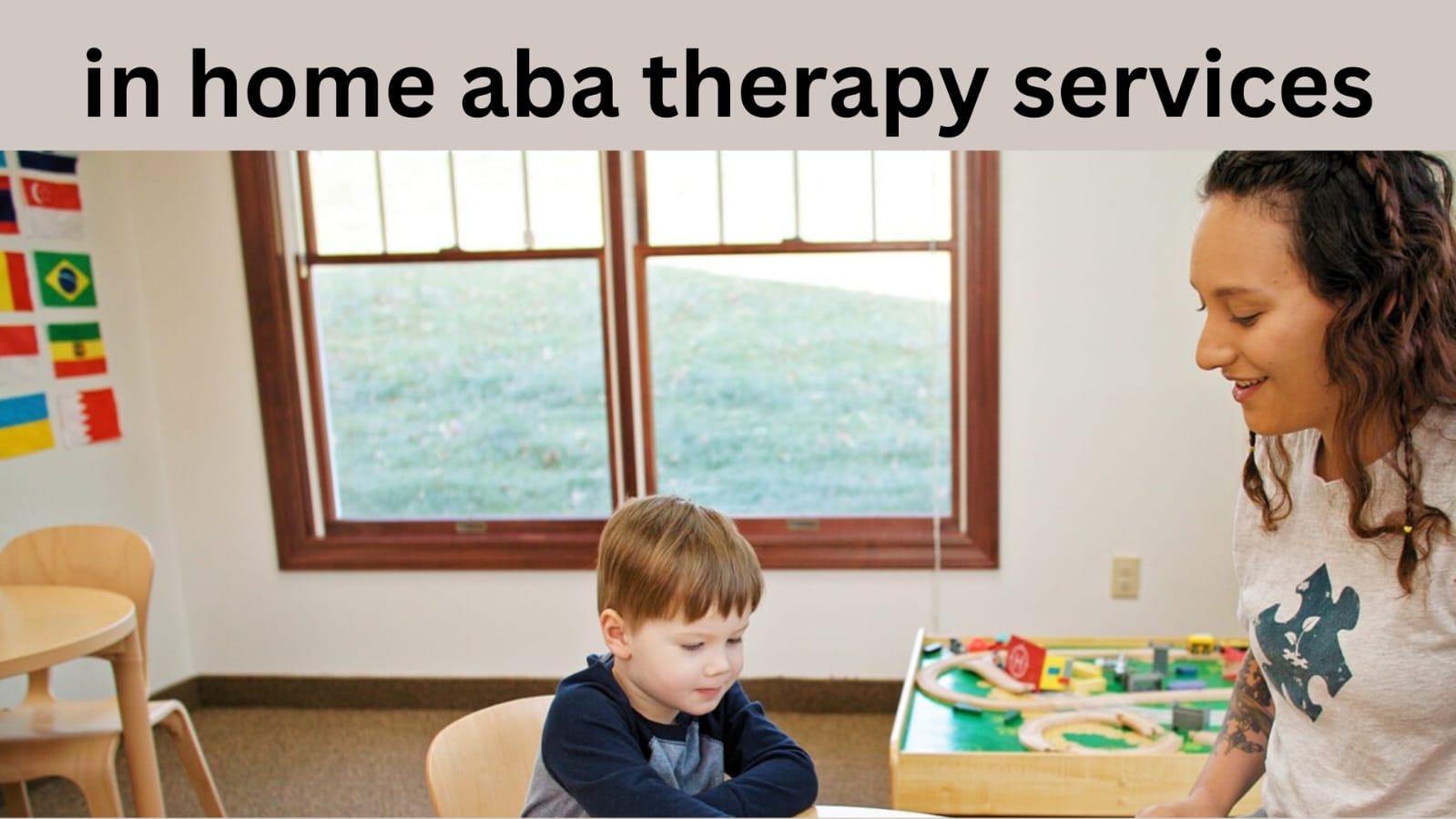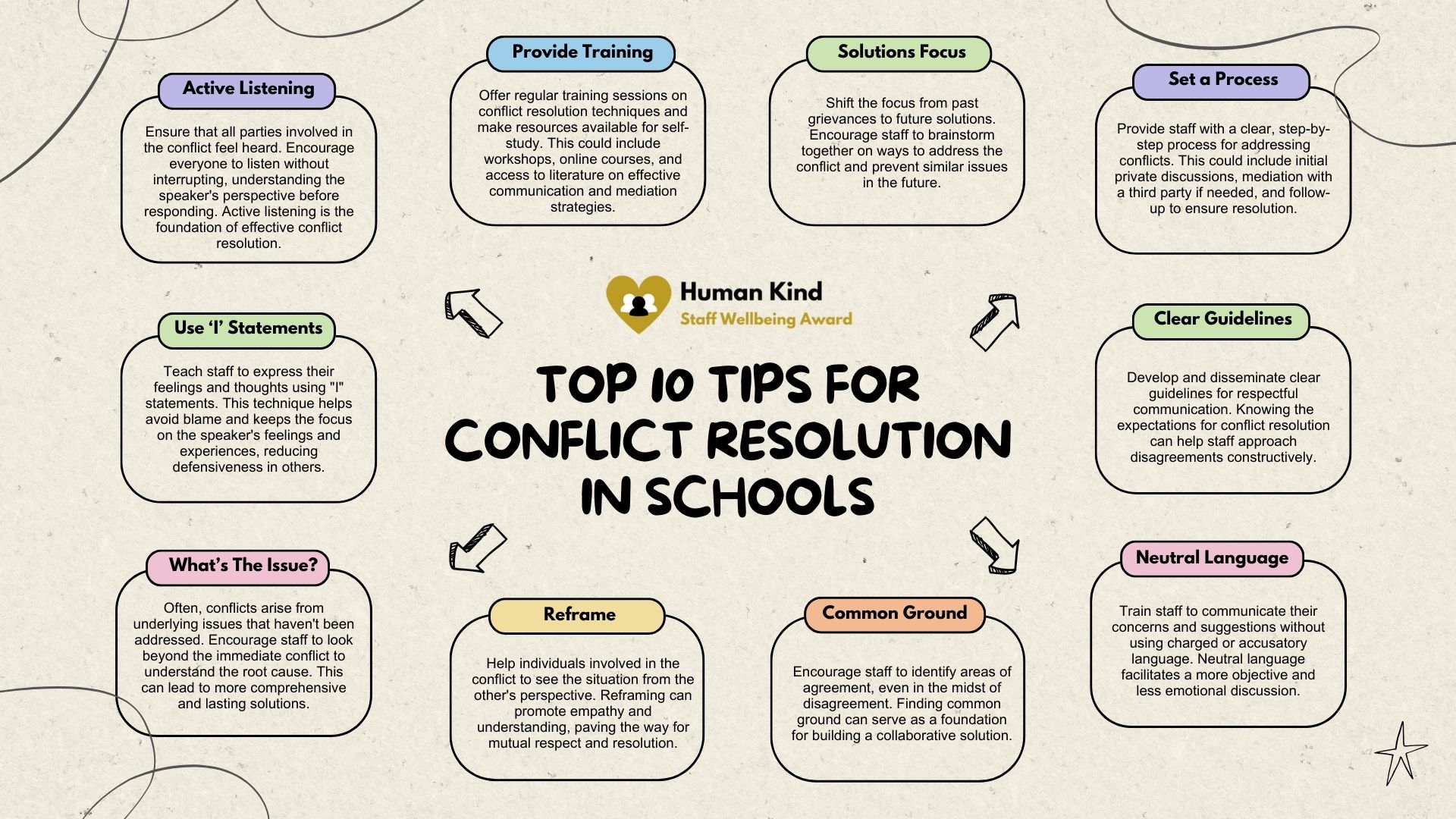In today’s fast-paced world, cultivating a positive relationship dynamic is more crucial than ever. Whether in personal relationships or professional partnerships, the quality of our interactions can significantly impact our happiness, productivity, and overall well-being. This article will provide you with actionable insights and practical strategies to nurture and maintain healthy, thriving relationships. With a confident approach, we will explore the fundamental principles of effective communication, mutual respect, and emotional intelligence, equipping you with the tools necessary to transform and elevate your interpersonal connections. Get ready to embark on a journey towards building relationships that are not only fulfilling but also resilient and empowering.
Effective Communication Techniques for Strengthening Bonds
To nurture and strengthen the bonds in any relationship, honing your communication skills is essential. One effective technique is to practice active listening, which involves fully concentrating, understanding, and responding thoughtfully. This means setting aside distractions and truly engaging with the speaker. By doing so, you not only show respect but also deepen the mutual understanding and trust.
Another vital technique is expressing empathy. Try to view situations from the other person’s perspective and validate their feelings. This can be achieved by using phrases like, “I understand how you feel” or “That sounds challenging.” Furthermore, clarity in communication is crucial. Be clear and concise in your expressions to avoid misunderstandings. Employing non-verbal cues such as eye contact, nodding, and appropriate facial expressions can also significantly enhance the message you wish to convey. These simple yet powerful strategies can transform the way you connect with others, fostering a more positive and harmonious relationship dynamic.
- Practice active listening
- Express empathy
- Use clear and concise language
- Utilize non-verbal cues
Building Trust and Transparency in Your Relationship
In the realm of nurturing a positive relationship, trust and transparency serve as the bedrock. To cultivate these crucial elements, consider the following strategies:
- Open Communication: Make it a habit to express your thoughts and feelings openly. Regular check-ins can help both partners feel heard and valued.
- Honesty: Be truthful, even when it feels uncomfortable. This establishes a foundation where both partners can rely on each other’s words and intentions.
- Consistency: Align your actions with your words. Consistency builds reliability, which in turn fosters trust.
- Vulnerability: Sharing your fears and insecurities can strengthen your bond, as it demonstrates trust in your partner’s support.
- Mutual Respect: Respect each other’s boundaries and perspectives, acknowledging that both partners bring valuable insights to the relationship.
By integrating these practices into your daily interactions, you pave the way for a relationship that is both resilient and fulfilling.

Conflict Resolution Strategies for Lasting Harmony
When navigating the complexities of interpersonal relationships, implementing effective strategies can significantly enhance understanding and cooperation. Active listening stands at the forefront of these strategies, allowing individuals to truly hear and comprehend the perspectives of others. This involves maintaining eye contact, nodding affirmatively, and asking clarifying questions. By doing so, you demonstrate respect and validation for the speaker’s feelings and viewpoints, paving the way for mutual understanding.
Another crucial approach is to embrace empathy. Empathy allows individuals to step into each other’s shoes and view situations from alternative perspectives. This doesn’t mean agreeing with everything, but rather recognizing and respecting the emotions and experiences of others. To further bolster harmony, consider these additional strategies:
- Open communication: Foster an environment where open and honest dialogue is encouraged, minimizing misunderstandings and building trust.
- Setting boundaries: Clearly define personal limits to ensure mutual respect and prevent conflict escalation.
- Compromise and negotiation: Aim for solutions that satisfy all parties, promoting a balanced and fair outcome.
By integrating these strategies into daily interactions, you can cultivate a relationship dynamic characterized by lasting harmony and mutual respect.
Nurturing Emotional Intimacy and Connection
Creating a deep emotional bond requires a conscious effort to understand and support your partner’s emotional needs. This involves actively listening to them, offering genuine empathy, and validating their feelings. Active listening means being fully present during conversations, making eye contact, and avoiding interruptions. When your partner shares their thoughts or concerns, acknowledge their emotions by reflecting back what you hear and expressing understanding.
- Empathy: Try to see situations from your partner’s perspective. This doesn’t mean you have to agree, but showing that you understand their viewpoint can foster closeness.
- Validation: Recognize and affirm your partner’s emotions without judgment. Let them know their feelings are important and legitimate.
- Consistent Communication: Regularly check in with your partner about their emotional state. This can be through simple daily conversations or more in-depth discussions.
By incorporating these practices, you build a solid foundation of trust and safety, where both partners feel heard and appreciated. This, in turn, nurtures a resilient emotional connection that can weather the ups and downs of life together.




